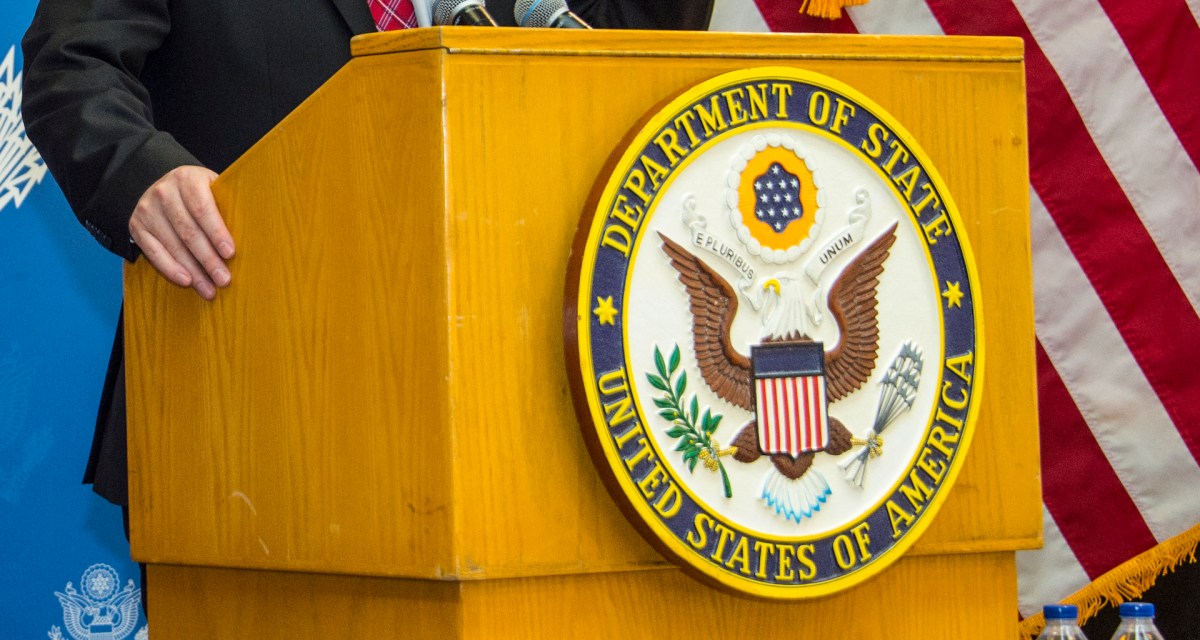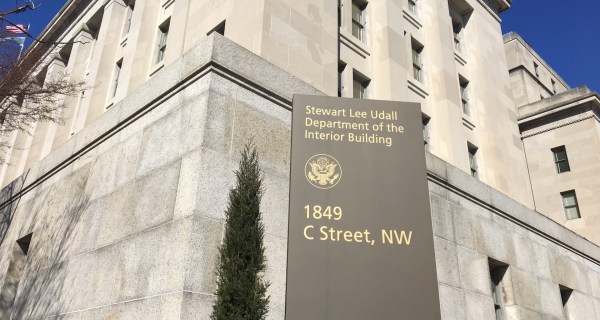At State Department, IT modernization puts spotlight on data as ‘strategic asset’

Sometimes, IT modernization is about far more than upgrading old hardware or moving to the cloud.
At the Department of State, for example, the ongoing modernization of legacy systems is being treated as an opportunity to implement better data management practices. It’s a mission-critical decision because information is the “currency” of the department, Ken Rogers, acting deputy CIO for business management and planning, said at a Foreign Affairs and ATARC event on Thursday.
“As we’re launching more aggressively into the IT modernization, we’re looking at this as an opportunity to take a look at the data that we have in siloed applications, in centralized applications, in applications that are not that well integrated,” Rogers said. And as the agency moves to the cloud, Rogers continued, they’re looking for ways to “normalize” this whole mess. The goal? “Make it so that [the Department’s data] can be effectively managed, leveraged and used for decision making.”
“We’ve kind of taken a page out of the President’s Management Agenda — data as a strategic asset,” Rogers said. “Often times in the tech field we can get excited about the bling of technology and the latest thing, but our most sustained and valuable asset in this space is our data.”
One of the PMA’s three main pillars — along with IT modernization and workforce overhaul — is data transparency. The plan points to the 2014 DATA Act as inspiration, and aims to make government datasets public in “more useful formats.”
“The United States government holds some of the most important data in the world, yours and all of ours,” U.S. CIO Suzette Kent said at the unveiling of the PMA. “Under the PMA, we are embarking on efforts to define a data strategy that will serve as the foundation for the next decade.”
Elsewhere at State, stakeholders are drawing attention to the need to better leverage the available data. The Foreign Service Institute’s School of Applied Information Technology is looking to launch a more robust version of its data analysis and visualization training course, with the hypothesis that effective data use will benefit the Department’s diplomatic mission.
“I think that diplomacy … it is about your ability to negotiate and influence others to achieve our policy goals,” Laura Williams, the business applications director at the Foreign Service Institute, told FedScoop. “But how we do that, the how we do that effectively, changes in this data-saturated world. Technology, the access to data, it changes the calculous a little bit.”
“Written word and spoken word are not enough anymore,” she added.






